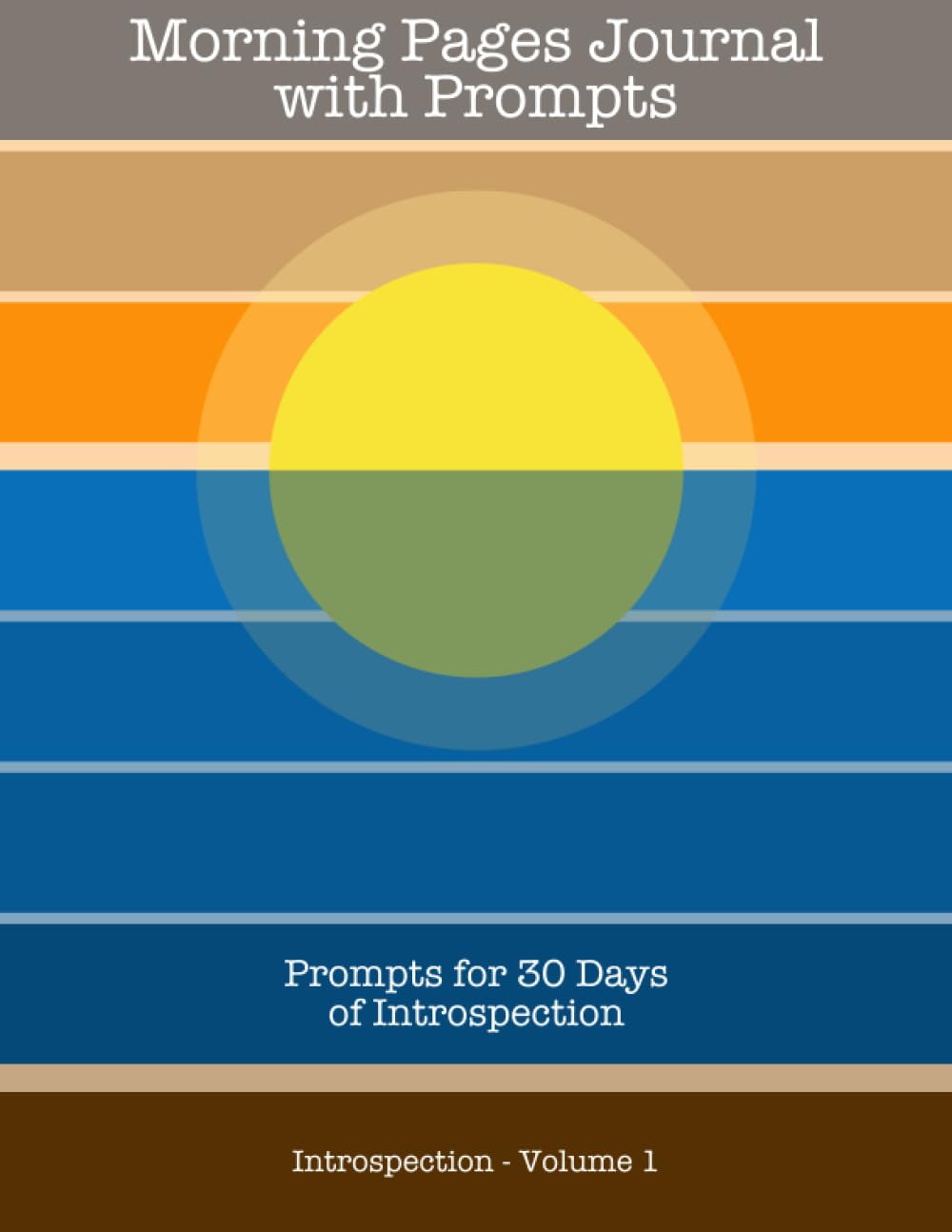Last year, I released Page-o-Mat, a YAML-based language for defining journal PDFs so that I could make my own Recurring Journal. I used this journal all throughout 2023 and gave some updates along the way: The First 13 Weeks, The Second 13 Weeks, and The Third 13 Weeks. I split the year into 13 week quarters because I do all of my planning by weeks and months and quarters aren’t regular enough.
I just finished making the 2024 version and got a nice surprise. Because January 1st is a Monday, and 2024 is a leap year, the first three quarters line up on 13-week boundaries. Jan 1, April 1, and July 1 are all 13-weeks apart and on Mondays. It’s unnecessary for the way I like to journal, but I do appreciate this. It won’t happen again until 2052.
I pushed the new yaml to the Page-o-Mat repo. There are instructions for building the PDF in the README. I will also be putting a book based on this PDF on LuLu.
